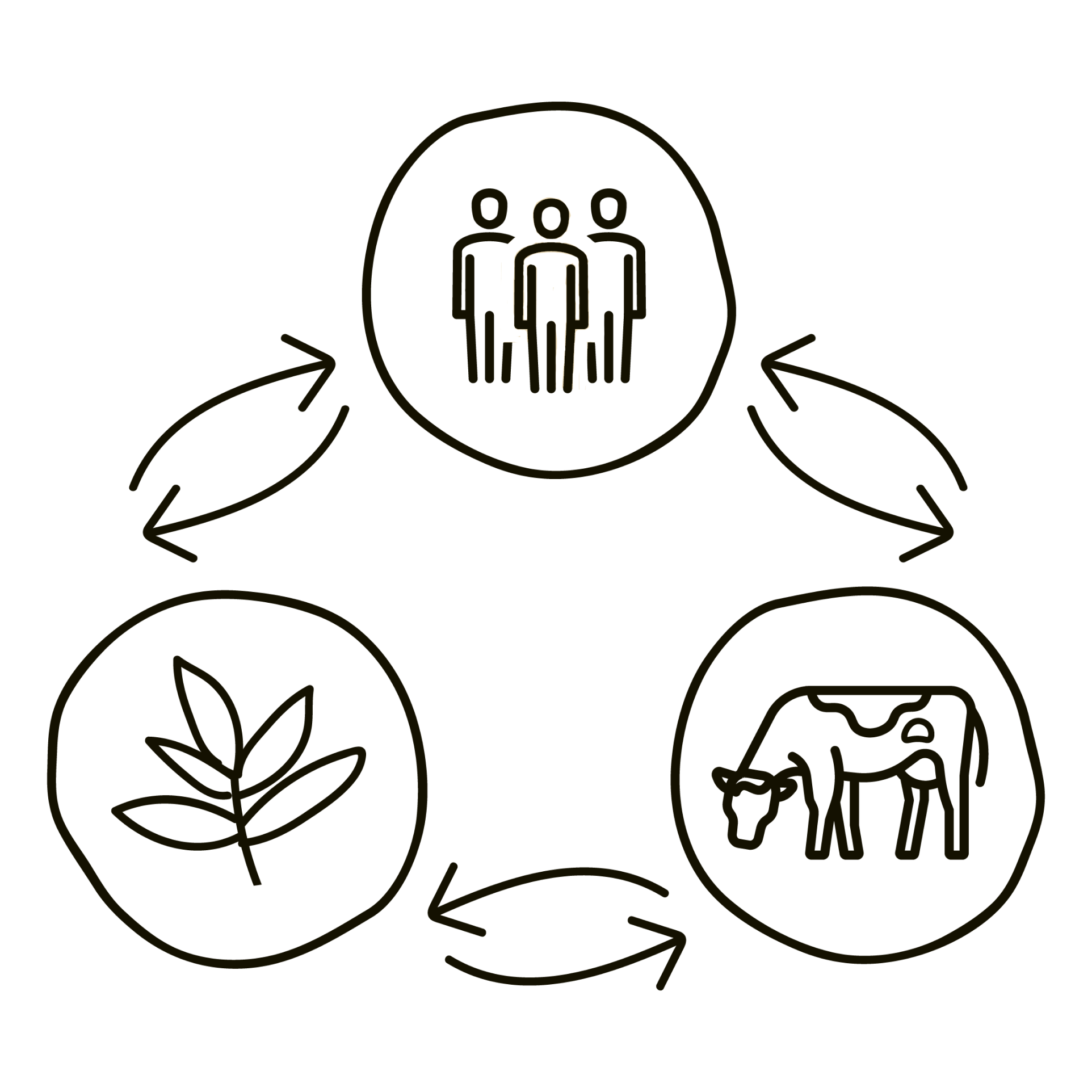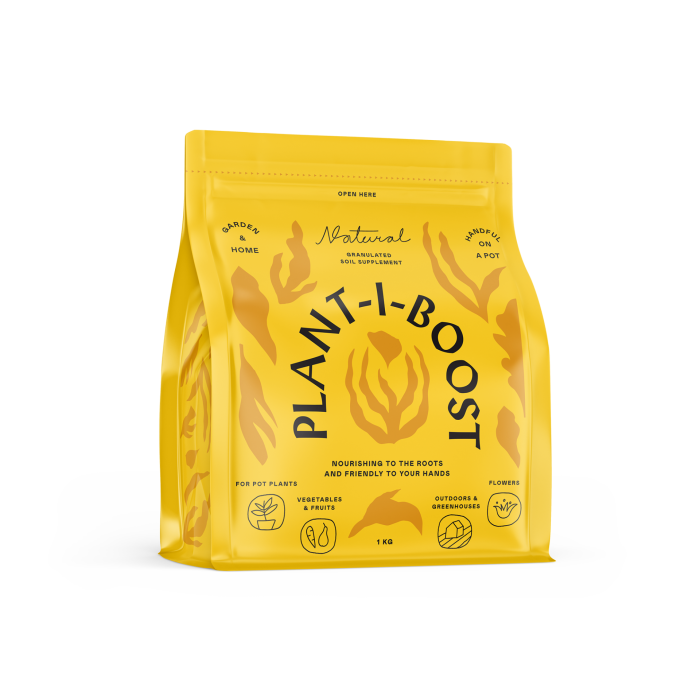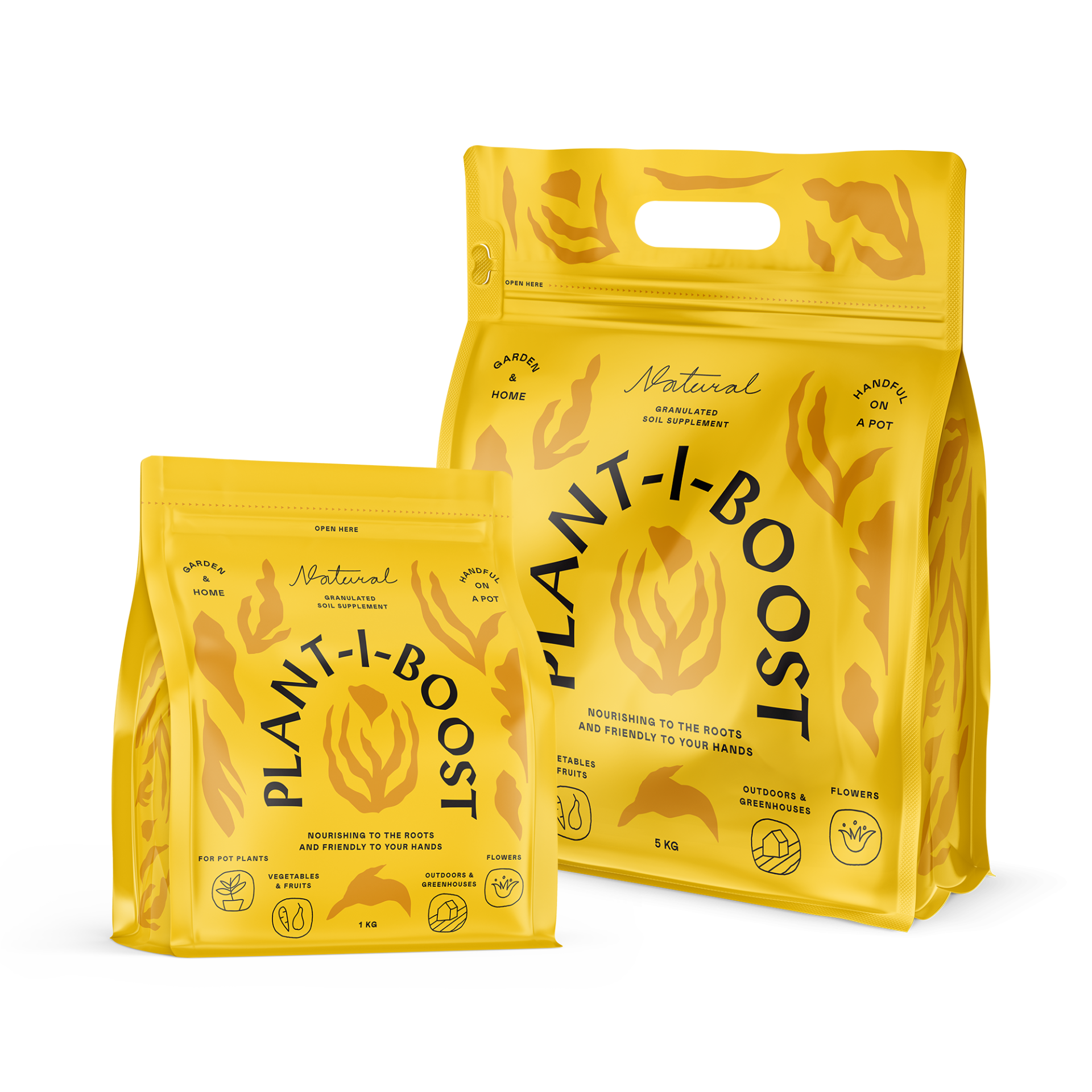





























Organic fertilizers for potatoes, cereals, vegetables, fruits and greenhouses or indoor plants with higher nitrogen and phosphorus content. Improves soil fertility, promotes the development of shoots, leaves and roots, increases yield and quality, and improves soil water and air balance in soil.
Organomineral fertilizers based on minerals of natural origin for use in vegetables, fruit trees and berries during maturation. Strengthens, reduces the stress of drought and storage risks, helps you run through winter and recover in the spring.
Multi-purpose organic fertilizer with higher nitrogen and phosphorus content. Increases the content of organic matter and microorganisms in soil, improves fertility, promotes yield and improves its quality, develops shoots, leaves and roots. Recommended for use in organic farming.
Granulated organomineral fertilizer with sulfur, magnesium and molasses and increased phosphorus and potassium content is suitable for winter and perennial crops. Supply macros and micro-elements, reduce drought stress and storage risk, increase the biological value of the crop, strengthen the roots needed during grain development and flowering.
Organomineral fertilizers suitable for perennial crops and winter crops. Imminent for fertilizing vegetables, fruit trees, berries, ornamental plants and flowers or cereals and legumes. Reduces drought stress and storage risk, strengthens roots, promotes development and germination.
Organomineral fertilizer for winter and perennial crops with sulfur, magnesium, molasses and soya oil and increased phosphorus and potassium content. Improves the efficiency of plant water use, reduces susceptibility to disease, promotes the biological value of production, is necessary during grain development and flowering, improves plant health, germination and nutrient efficiency.
Our fertilizer provides an organic nitrogen (N) content of 8%, an organic phosphorus (P) content of 14% and a potassium (K) content of 12%.
Yes, up to 13%
Yes, up to 3%
In organic fertilizers, the predominant part of the minerals (nitrogen (N), phosphorus (P), potassium (K), etc.) is organic. They dispose of the fertilizers gradually, as a result of the activities of soil microorganisms. This fertilizer both fertilizes plants and ensures the feeding of soil microorganisms.
Some of the minerals contained in the fertilizer, such as nitrogen (N), calcium (K), are available immediately after application to the soil. The remaining minerals begin to release gradually. The process takes place throughout the vegetation period of the plants.
The pH level of the soil affects the efficiency of fertilizer use.
The optimum pH in the environment that ensures the most appropriate use of our fertilizer is pH 6-7.
C/N refers to the ratio of carbon (C) to nitrogen (N) in fertilizers.
Nitrogen (N) in fertilizers is organically bound, with low ammonium concentrations. The C/N ratio in our fertilizer is 3.2 to 4.8:1.
This ratio of carbon (C)/nitrogen (N) contributes to the mineralisation and usability of the fertilizers.
No, because the minerals are in organic form. Mineral separation takes place gradually and is never at high concentrations at the roots.
The fertilizer must be applied to the soil at a depth of at least 4 cm. At this depth, the soil provides the fertilizer with moisture so it can work.
No, it is not. It needs to be incorporated into the soil.
No, the fertilizer doesn’t contain weed seeds.





